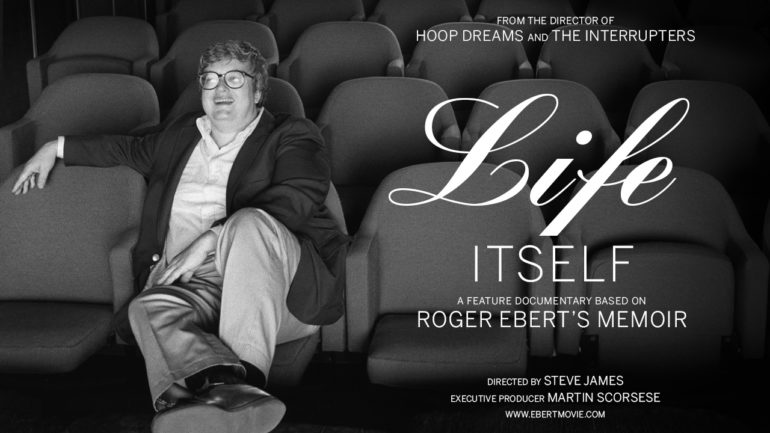I love films. An obvious jumping off point for a film article granted. But the type of films I enjoy would be at the grim end of the spectrum. This is where the greatest catharsis can be, the reward for the punishment. Although there have been times when enjoyment of blockbusters has happened, drama is where my heart lies. And when we talk about drama there is something wonderful about real life drama, something special about the documentary. Real life in all its extraordinary ordinariness. To put my feelings about documentaries into perspective the best film of 2013 was The Act of Killing, Joshua Oppenheimer’s stunning look as mass killings in Indonesia. Urgent and important. And those two words could describe my Saturday as I headed into this years Stranger than Fiction at the IFI. Circumstances had caused me to miss Whitey on Friday night, but there was a potentially fine double bill ahead of me.
First up was Night Will Fall, a film by Andre Singer. Telling the story of the Allied soldiers trained to film footage of the liberation of concentration camps, the footage was recently finished and restored by the Imperial War Museum. And what footage it is. Nothing prepares you for the sheer horror of this footage. Lifeless and starved bodies being dumped into mass graves. Close up and unflinching it is the stuff of nightmares. But the original film was buried for quite a lot of years. But Singer’s film is more about the documentary form itself. Sydney Bernstein was charged with editing the footage during the war and filmmakers such as Alfred Hitchcock and Billy Wilder were to play significant parts in the story. At the end Night Will Fall is a warning from history once removed, a meditation on the presentation of information and how time can change perception.
That night we were back at the festival for the world premiere of In a House that Ceased to Be. There will be a full review of this film in the near future. The film tells the story of Christina Noble, the fearless campaigner for children’s rights who set up the Christina Noble Children’s Foundation. The ‘what’ and the ‘why’ are the startling and interweaving questions in this film. The ‘what’ is the work she does and we see the importance of it in places such as Vietnam and Mongolia as street children are helped by ‘Mama Tina’. The ‘why’ is what gives the film a depth and an emotional resonance that borders on the almost unbearable. It is a film full of sorrow, humour, deep compassion and righteous anger. There were plenty of tears in the audience (including mine) but also a rising anger that was vented in the most extraordinary Q&A afterwards. It was less about questions and more about statements of a collective anger and shame as to what kind of country Ireland was (and is). This is an important and quite brilliant film. You must see it.
The Stranger than Fiction festival was rounded off for me at the showing of Life Itself on Sunday afternoon. Directed by Steve James (Hoop Dreams) it is about the life and death of the brilliant American film critic Roger Ebert. It is a tender portrait, clearly full of love and admiration. And yet it did not shy away from areas of negativity. His love/hate relationship with Gene Siskel shows him in a bit of a bad light. It also shows some unused footage from their introductions to each show that is very funny indeed. And that is the point. There are laughs to be had, great talking heads to listen to (Scorsese tears up at one, as do we) and great admiration for the good fight he fought until the end. Roger Ebert was a colossus in film criticism and Life Itself is a fitting tribute.
So only three films this year (not enough, not nearly enough) but the quality on show was outstanding. I will be marking my calendar to see a hell of a lot more next year. But as the IFI pointed out themselves documentary films are a permanent feature over the whole year. I am sure that I will be in a queue for one sooner rather than later. Stranger than Fiction is more than your average film festival. It is much more important than that.

